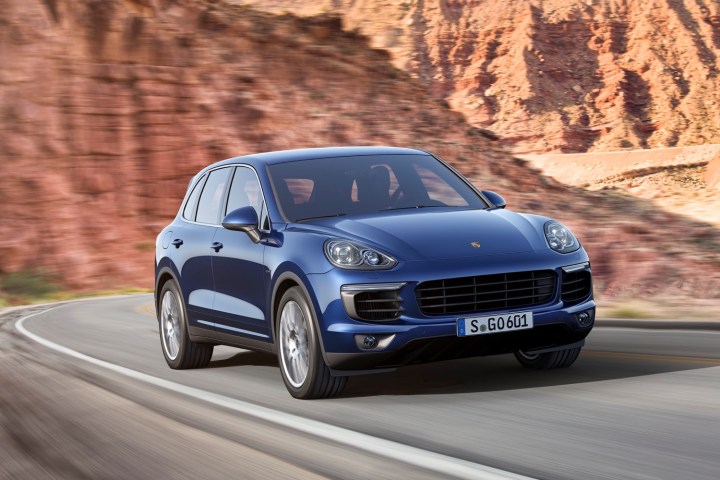
The Environmental Protection Agency and California Air Resources Board sent a letter to VW Friday, October 20, approving the modifications, reports Reuters. The fix applies to diesel versions of the Volkswagen Touareg, Audi Q7, and Porsche Cayenne SUVs from model years 2013 to 2016, all of which are equipped with the second-generation version of VW’s 3.0-liter TDI V6 engine. Older models are not included.
The Reuters report said some models will require only a software update, while others will require both hardware and software changes. But neither VW nor the regulators have specified what those hardware changes might be.
Under a settlement approved in May, Volkswagen agreed to buy back any 3.0-liter diesel vehicles it could not modify to meet emissions standards. About 75,000 vehicles are covered by the settlement, meaning VW could save money by not having to buy back the 38,000 that qualify for modifications. The automaker has already agreed to spend $25 billion on the diesel scandal in the U.S. so far.
The fate of older models equipped with the first-generation 3.0-liter TDI V6 remains unclear. If VW can’t devise suitable modifications for these vehicles, which span model years 2010 to 2012, it will have to buy them back from owners. Affected models include diesel versions of the Audi A6, A7, A8, and Q5, as well as older versions of the Audi Q7 and Volkswagen Touareg diesels.
The 3.0-liter diesels represent a fairly small contingent compared to the roughly 475,000 cheater diesels equipped with 2.0-liter four-cylinder engines. Those models are covered under a separate settlement approved last year. For the past several months, VW has been steadily buying them back from owners and depositing them in places like the derelict Silverdome football stadium in Pontiac, Michigan.
The majority of 2.0-liter diesel owners have taken buybacks rather than wait for modifications to be approved. After two years of uncertainty, 2013-2016 3.0-liter diesel owners now have to decide whether they want to keep their cars, or walk away.


